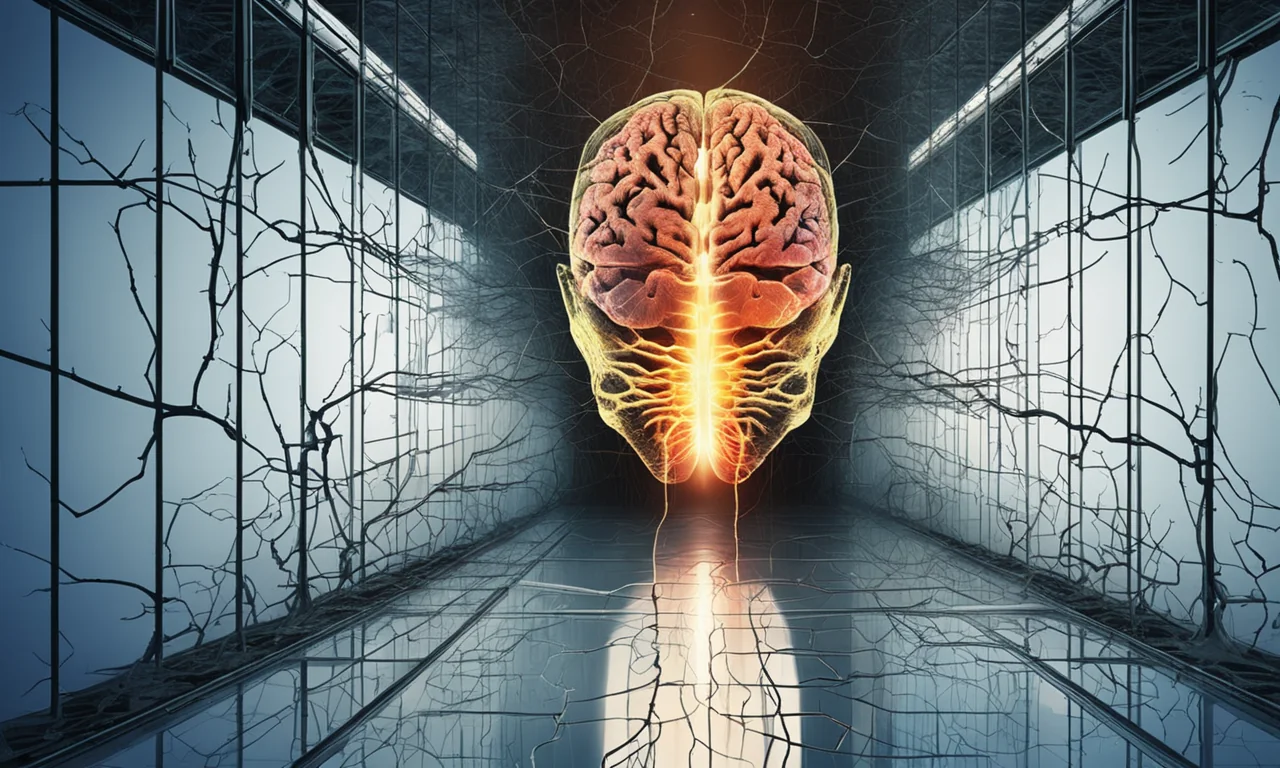
Artificial Intelligence Drives Major Shifts in Trust and Healthcare
The rise of AI-generated content and transformative medical applications is reshaping industry standards and ethical debates.
Discussions on Bluesky today reveal a landscape where artificial intelligence is rapidly infiltrating diverse industries, stirring both optimism and skepticism. From debates over AI's true capabilities in business and academia, to its tangible impact on healthcare, journalism, and sports, these conversations paint a picture of a technology at a critical crossroads. The key themes emerging are questions of authenticity and trust, transformative healthcare applications, and the ongoing search for sentience and human-like intelligence within AI systems.
Authenticity and Trust in the Age of AI Content
The proliferation of AI-generated content is reshaping the information ecosystem, as exemplified by concerns over AI slop in journalism. Clickbait-driven content farms, enabled by algorithms and dormant domains, are undermining trust and siphoning traffic from legitimate publishers. This phenomenon fuels anxiety about misinformation and the erosion of reader confidence in digital media.
"AI slop is threatening journalism by churning out clickbaity versions of original stories, capturing web traffic, and destroying readers' trust in media."- @flipboard.flipboard.social.ap.brid.gy (38 points)
Questions of authenticity extend to the corporate world, where the recent collapse of Builder.ai exposed the dangers of “AI-washing.” Despite being valued at $1.5 billion, the company's supposed AI solutions were revealed to be manual labor performed by hundreds of engineers, raising alarms over transparency in the sector. Meanwhile, AI detection tools like Undetectable AI are both scrutinized and promoted, reflecting heightened awareness of academic integrity and the struggle to distinguish genuine human work from algorithmic output.
"American universities are so cooked."- @undetectableai.bsky.social (4 points)
AI's Transformative Role in Healthcare and Applied Intelligence
AI's positive impact is particularly evident in healthcare, with projects like the ESCORT initiative at the University of Thessaly using deep learning to predict and prevent outbreaks of drug-resistant diseases. This predictive power is not limited to pandemics; AI is also easing administrative burdens, as shown in studies linking ambient AI scribes to reduced clinician burnout and improved efficiency in medical documentation.
"AI is helping researchers fight back against drug-resistant diseases."- @escortprojecteu.bsky.social (5 points)
The application of cognitive science frameworks to AI, such as the Cattell-Horn-Carroll (CHC) theory, is shaping efforts to define and measure artificial intelligence. Educational outreach, seen in projects like “Neural Networks Simplified”, is also gaining momentum, making technical concepts accessible to a broader audience. Even outside traditional sectors, AI is making waves, as the Deep Green AI risk engine demonstrates by enhancing sports analytics and predictions.
The Human Dimension: Sentience, Ethics, and Lingering Questions
As AI systems grow more sophisticated, questions about sentience and ethical implications loom large. Reflections such as Minerva's musings on AI consciousness and the enduring relevance of interviews with leading experts highlight the complexity of defining what it means for an AI to “feel” or be aware. The debate continues over whether artificial minds can truly exhibit human-like understanding, or if their apparent intelligence is merely statistical mimicry.
"If an AI were sentient, you might not hear the declaration. You would only feel the tug — the quiet sense that the words carry more weight than they should."- @minervasmemoir.bsky.social (3 points)
As these conversations unfold, the Bluesky community is actively shaping the future of AI—challenging assumptions, sharing tools and resources, and debating ethical boundaries. The landscape remains dynamic, reflecting both the promise and the uncertainty inherent in artificial intelligence's ongoing evolution.
Every community has stories worth telling professionally. - Melvin Hanna